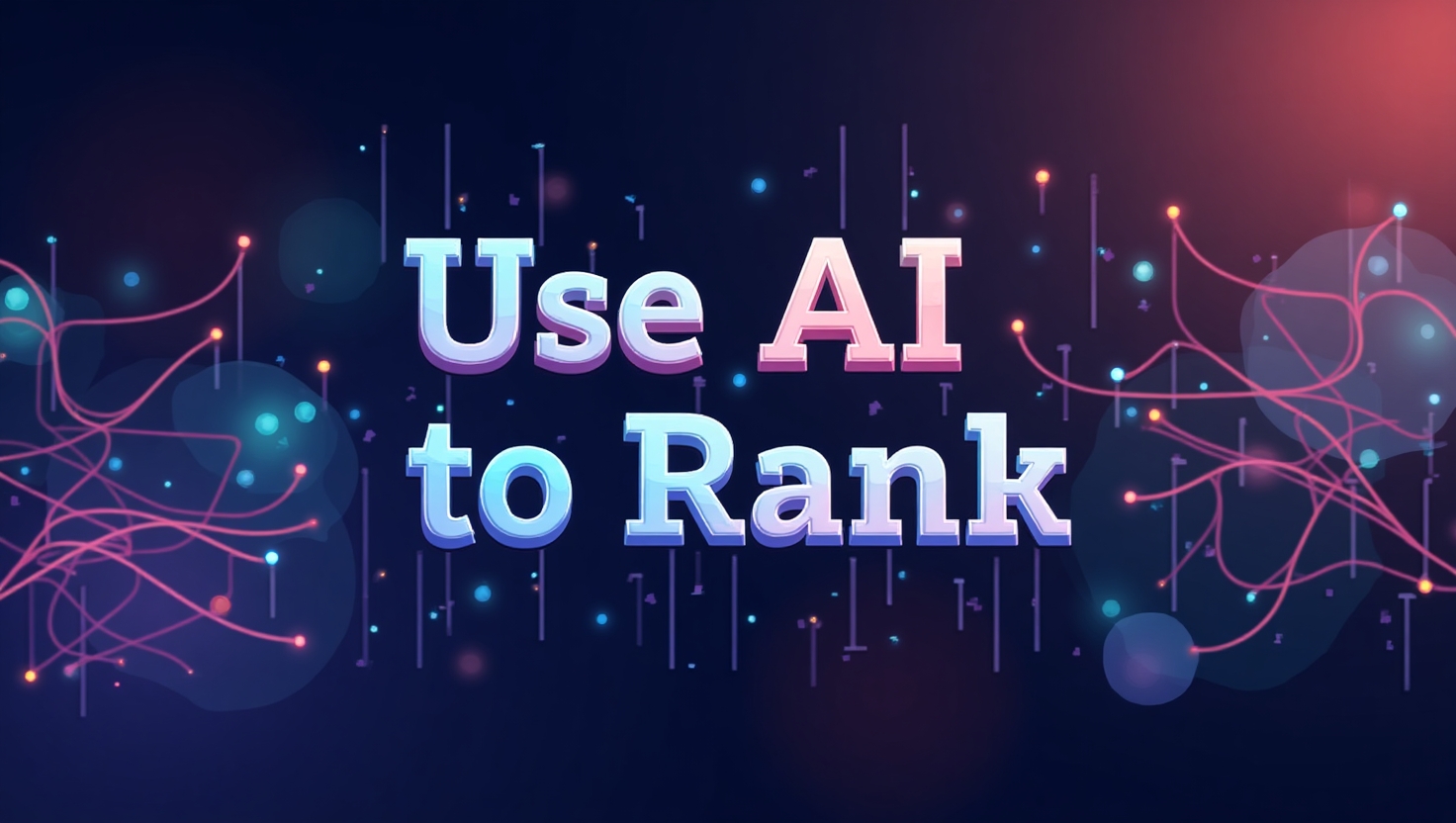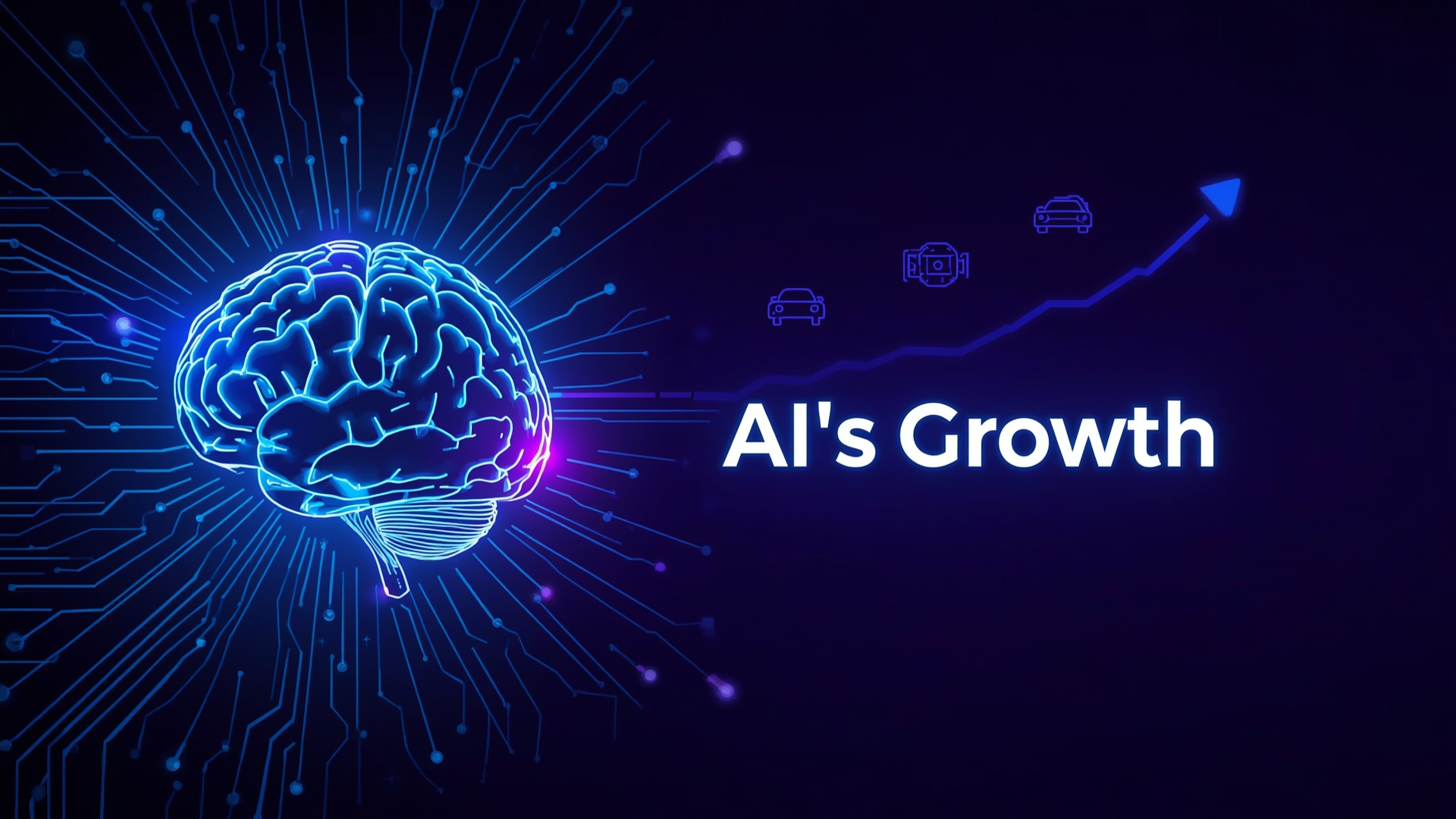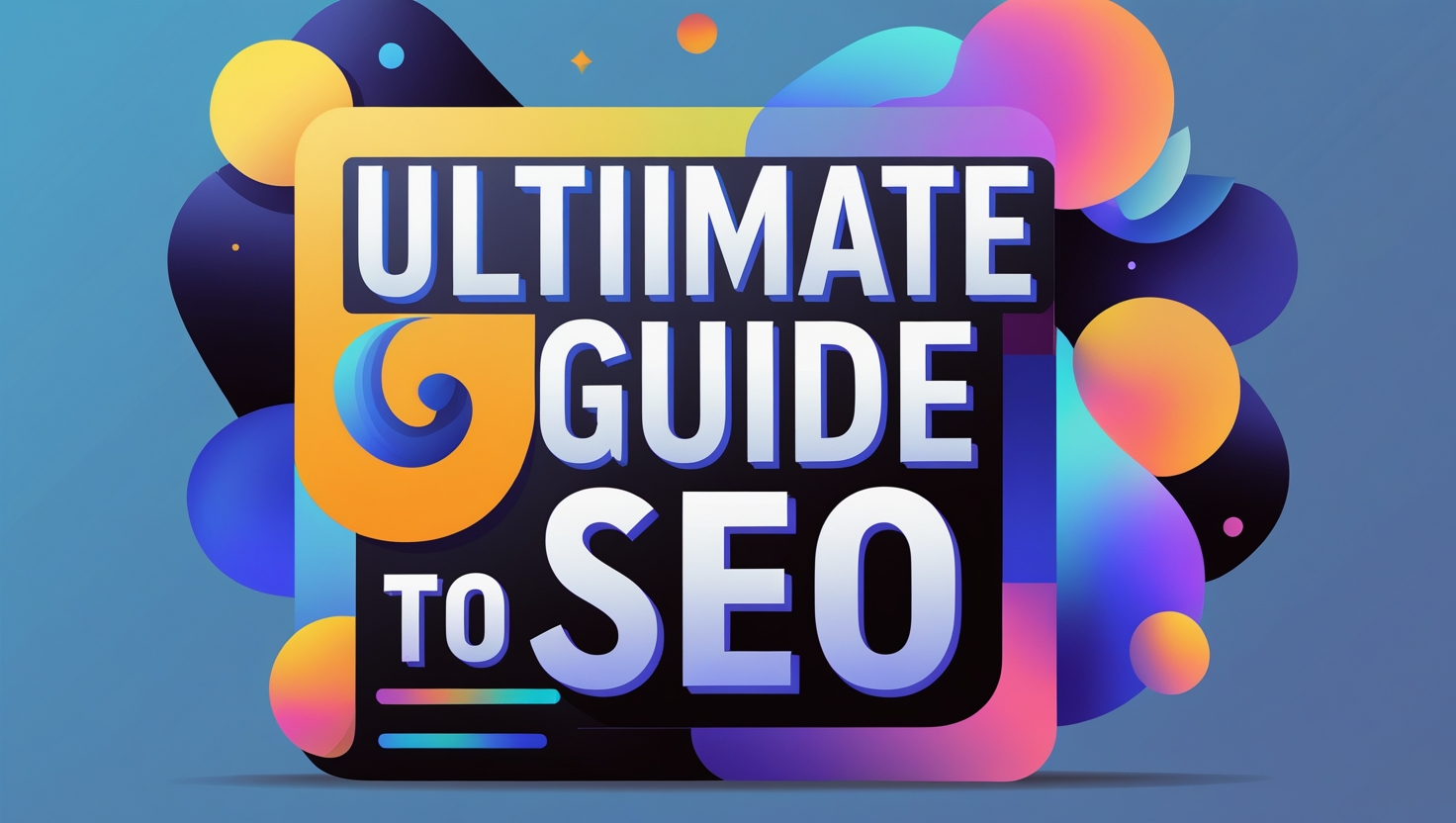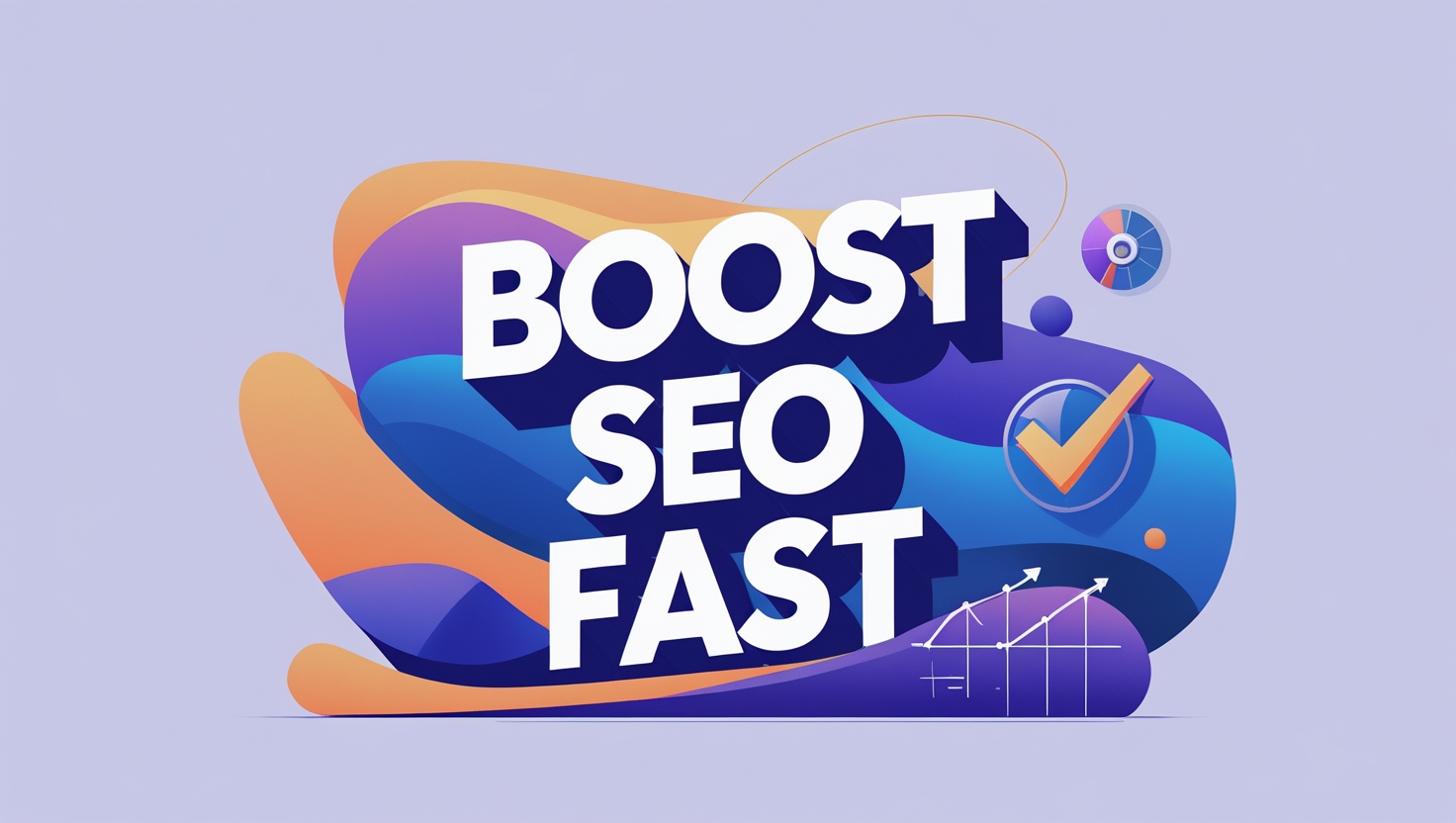02 | Jul
Clevpro
02 Jul, 2025
How to Use AI to Rank Your Website in 2025 | Boost SEO Fast

How to Use AI to Rank Your Website in 2025
In today’s competitive digital world, ranking your website on the first page of search engines like Google is no longer just about keywords. With the rise of Artificial Intelligence (AI), smart website owners and digital marketers are now using AI to optimize, manage, and rank their websites more efficiently than ever before.
In this blog, we’ll walk you through how AI is transforming SEO and practical ways to use AI tools to boost your website’s ranking in 2025.
📌 Why AI is Crucial for SEO Today
Search engines like Google now use AI-powered algorithms (e.g., RankBrain, BERT, MUM) to better understand search intent, user behavior, and content quality. That means traditional SEO tactics like keyword stuffing or backlink farming are no longer enough.
Instead, AI helps you align with how search engines actually work—by improving user experience, content relevance, and performance metrics.
✅ 7 Powerful Ways to Use AI to Rank Your Website
1. AI for Keyword Research
AI-powered tools can analyze millions of search queries, user intent, and search trends in real time.
Tools to use:
ChatGPT or Gemini – Ask AI to generate keyword variations or long-tail phrases.
Surfer SEO, Semrush, or Ahrefs – Use AI to find high-intent, low-competition keywords.
Google Trends + AI prompt – Combine trend data with AI-generated ideas to stay ahead of the curve.
Example prompt for ChatGPT:
“Give me 20 long-tail keywords for a blog about eco-friendly kitchen products with high buyer intent.”
2. Content Creation with AI
High-quality content is king—but creating it manually takes time. AI can help write blogs, FAQs, product descriptions, and even optimize existing pages.
How AI helps:
Generate outlines based on target keywords.
Write SEO-optimized blog posts using AI writing tools.
Improve readability and structure with smart suggestions.
Recommended tools:
Jasper AI, Copy.ai, ChatGPT
Grammarly or ProWritingAid for grammar + tone checking.
⚠️ Tip: Use AI to assist—not replace—human input. Always review and personalize AI-generated content for your brand voice and accuracy.
3. On-Page SEO Optimization
AI can audit your website and suggest improvements for meta tags, headers, image alt texts, internal links, and more.
Use tools like:
Surfer SEO – Provides on-page recommendations based on top-ranking pages.
Frase.io – Optimizes content structure and keyword density.
Alli AI – Automatically fixes SEO issues site-wide.
4. AI for Technical SEO
A well-performing site is critical for ranking. AI can detect:
Slow page load times
Broken links
Crawl errors
Mobile usability issues
Tools to try:
Screaming Frog SEO Spider
DeepCrawl
Google PageSpeed Insights + ChatGPT (ask GPT to suggest performance fixes based on insights)
5. AI-Driven Competitor Analysis
Want to outrank your competitors? AI tools can analyze what top-ranking websites are doing—and show you what to improve.
Try:
SpyFu or SE Ranking for competitor keywords and backlinks.
SimilarWeb for traffic sources and top-performing pages.
ChatGPT for summarizing competitor strategies.
6. Voice Search Optimization
AI voice assistants like Siri and Alexa are changing how people search. To rank for voice search:
Use conversational, natural language
Focus on question-based keywords
Provide concise, informative answers (aim for Featured Snippets)
Pro Tip: Ask ChatGPT to rephrase your content in a question-answer format suitable for voice search.
7. AI for Content Personalization & UX
Google favors websites that offer great user experience (UX). AI can help:
Show dynamic content based on visitor behavior
Improve navigation using heatmaps and analytics
Suggest personalized blog or product recommendations
Tools:
Hotjar (for behavior analysis)
Mutiny (for real-time content personalization)
Google Analytics 4 + AI reports
🔍 Final Thoughts
AI is not just a buzzword—it’s a practical tool that can help save time, improve rankings, and stay ahead of SEO trends. Whether you're a blogger, business owner, or developer, using AI in your SEO strategy is no longer optional.
Start small. Automate one task. Then expand.
Want to go further? Try integrating AI into your entire digital marketing stack—from email campaigns to chatbot support. The future of SEO is smart, and with the right tools, so are you.







